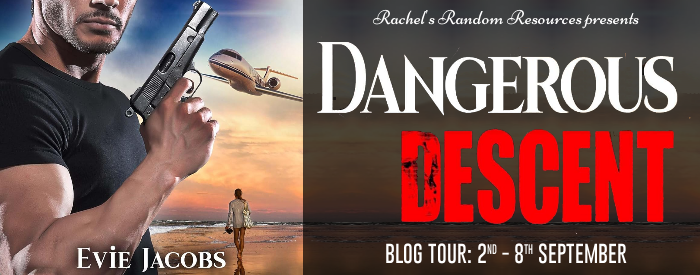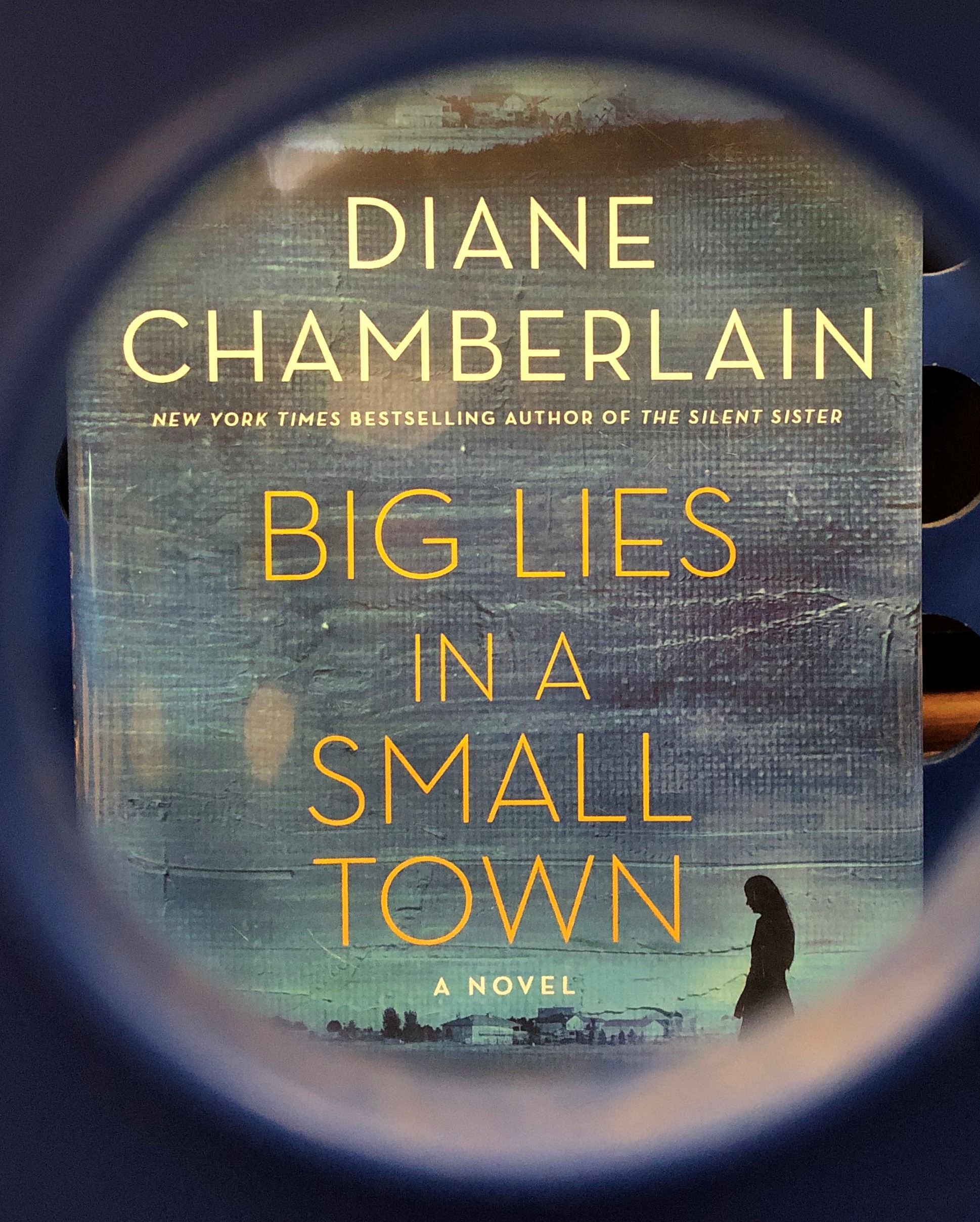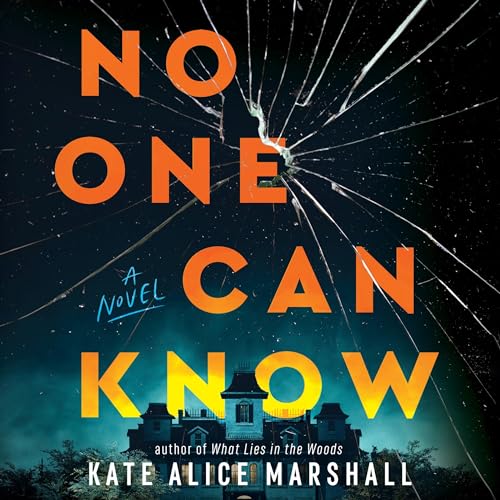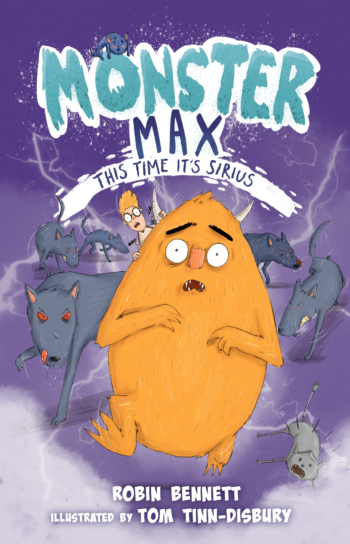I am delighted to have Evie as a guest poster today ~ thanks to Rachel’s Random Resources for organizing.
Follow my fellow bloggers on the tour ⤵

Genre ~ Romantic Suspense / Action & Adventure Romance
Standalone first book in a planned new series
Author Content Warning ~ Kidnapping, death of parent
Good, Better, Best and Other Tips for Meeting Goals and Finding Balance
Writing is fun. It’s an opportunity to create people and worlds you can control and manipulate however you want. Writing is also difficult. It requires big doses of time, creativity and discipline.
Since I started pursuing writing as a career, I’ve struggled to balance my writing life with the other things I care about. Feeling productive is important, and this means I need to be intentional in how I manage my time.
As one novel turned into two and then three, I’d often stay home to write while my husband “got out of my hair.” While he was off doing something, I’d feel guilty I wasn’t spending time with him. The times I went with him, I’d fret about the fact I wasn’t writing. It was a no-win situation, and it wasn’t sustainable. I needed to figure out what I could do to feel productive, without neglecting the other things I care about. Here are a few of the strategies I’ve adopted to bring balance to my life.
Good – Better – Best
For me, goals are a bit of a double-edged sword. On one hand, they can be great motivators. On the other, if I don’t achieve a goal—even if I accomplished part of the goal—it’s hard not to feel like I failed. And if I fail one day, it’s easier to decide not to try the next.
I like to see tangible progress, i.e. my word count going up, and I have a tendency to make my goals too ambitious. This inevitably leads to a feeling of failure when I don’t achieve my goal.
Recently, I’ve adopted the good-better-best framework for setting goals. This allows me to have both lofty goals that will be difficult to achieve, but also goals I know I can accomplish. For example, I might set my weekly word count goals at:
Good – 3500 words
Better – 5000 words
Best – 7000 words
Good-better-best allows me to recognize that even if I don’t do that thing that will make me feel really great, like writing a thousand words per day, I’ve still made progress.
Short-Term Goals
Short-term goals give me the gratification of seeing progress. Long-term goals are too nebulous and often lack the structure I need. So, while I may have a deadline in mind for when I want to finish a novel, I try not to worry about the end product, and rather think in terms of chunks. I can still have that longer-term goal in mind, but it’s no longer my focus.
Routine and Consistency are Not the Same
Routine is a repeated framework. For a writer, routine might look like sitting down at the computer at a particular time on a particular day. Consistency is making regular progress toward completion of a goal. You can be consistent without having a routine, and you can have a routine without having consistency.
I try to keep this in mind and not get sucked into the notion that I have to be doing something every single day. This just isn’t true. It doesn’t matter if I write three days a week or every single day, as long as I am making steady progress with my project.
Writing Sprints
Writing sprints are short, focused sessions where you try to write as much as possible in an allotted period of time. Sprints are usually between 15-30 minutes. The goal is not to write the perfect passage, but to get ideas down on the page. You can do a sprint on your own or as part of a group activity. I prefer sprints to be 20 or 25 minutes, followed by a short break before starting another one. Noise cancelling headphones and soft music are perfect for sprints. A writing sprint can be a great way to quickly add words to a project.
It’s important to feel fulfilled and accomplished, but to not lose sight of the people and things in our life we care about. I use the strategies I’ve mentioned to give myself permission to spend time with friends and family without feeling like I’ve neglected my writing. I believe these strategies apply to other areas of life as well.
Do you have tips for balancing obligations with hobbies or other things you are passionate about? Share them below.
Book blurb:
The first rule of undercover work—don’t get attached…
Pilot Elise Hughes left the family business in the Florida Keys and now flies the rich and powerful to and from the Rocky Mountains. When she has to execute a by-the-book emergency landing, it’s no big deal. But being stranded in a small town with her handsome new colleague is something else entirely.
Obsessed with getting justice for his murdered father, undercover FBI agent Eric Erickson believes retribution is finally within reach. Until things get complicated. And dangerous. And he’s forced to face a few too many realities—including Elise’s connection to a well-known crime boss.
After Elise is kidnapped by the same man who took Eric’s father, he has a choice to make—find Elise or exact revenge. Meanwhile she has a choice of her own—trust the dangerous family she never knew she had or the man who’s been lying to her from the start.
Purchase Links
Author Bio –
Evie Jacobs is a word nerd. As a child, she read constantly. And when she wasn’t reading, she was writing. Not much has changed. By day she works in a library surrounded by books, and by night she writes steamy action/adventure romance. She lives in Colorado with her husband, two cats, and six bicycles.
Social Media Links –
https://www.eviejacobsauthor.com/
https://www.instagram.com/eviejacobsauthor/
https://www.facebook.com/profile.php?id=61553692483183
Thanks for stopping by! Visit my bookish product page here 🥰📚
Other ways to connect with me ⬇



